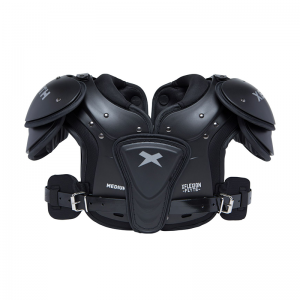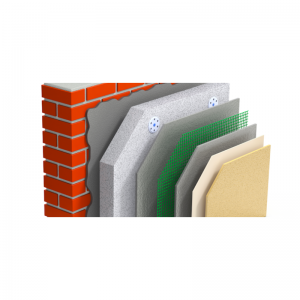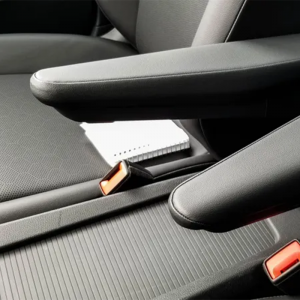Detail
IXPP is even better in these areas due to its closed-cell construction and chemical stability, for example, IXPP withstands higher temperatures than IXPE and has minimal thermal shrinkage, it also has excellent shock absorption even with small thickness and is 100% waterproof.
These characteristics make IXPP ideal for the building & construction industry’s demand for toughness and longevity, especially for outdoor use materials.
Foaming multiple: 5--30 times
width: within 600-2000MM
thickness: single layer:
1-6 MM, can also be compounded into
2-50MM thickness,
commonly used colors: off-white, milky white, black
Wall Insulation
One of the best options to improve wall insulation is to spray foaming with closed-cell foam. The spray foam will create the tightest wall system preventing air infiltration and moisture movement. However, it’s expensive and often requires professional installation.
Easy-to-cut IXPP foam boards offer an affordable solution for those who want to DIY or to save money and energy. In this solution, foams are cut to fit the space, then canned spray foam is used to seal the gaps. This approach works great on both external walls and internal ones like basement walls.

● High heat insulation and noise control
● Use as wall sheathing, basement and foundation insulation or siding underlayment
● Cuts easily to size to easier installation
● Moisture-resistant
● Flame retardant
● Energy efficiency
Roof Thermal Insulation
Roof Thermal Insulation for Factories and Warehouses
Adding a foam layer to the roofs of warehouses and factories are common solutions to improve the thermal insulating performance of the buildings. By intergrading foam core with other materials, newer products can significantly save the time and money needed to achieve the same results.
More and more service providers in the industry are starting to use compounded foam boards. IXPP foam serves as the core, encapsulated between extra heavy-duty reflective reinforced aluminum foil laminates, the roof thermal insulation boards can reduce up to 95% of the sun’s radiant heat, minimizes condensation, and acts as an effective water vapor barrier.

● High heat insulation to prevent condensation
● Lightweight and high flexibility
● Impervious to mildew, mold, rot, and bacteria
● Good strength and tear resistance
● Excellent shock absorption and vibration dampening
● Cuts easily to size to easier installation
● Fire retardant









